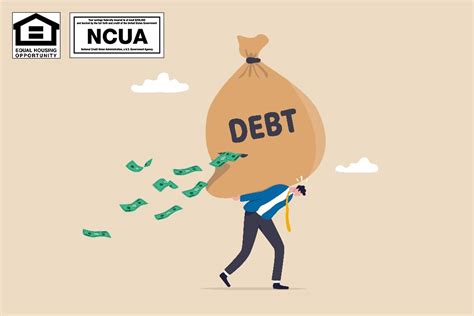For many men, financial security is a cornerstone of confidence and peace of mind. However, the pressures of modern life, from family responsibilities to career ambitions, can often lead to accumulating debt and overlooking the critical importance of an emergency fund. This guide offers practical, no-nonsense strategies specifically designed for men ready to take control of their finances, eliminate debt, and build a resilient safety net.
1. Get Real: Assess Your Current Financial Situation
Before you can tackle debt or build a fund, you need a clear, unvarnished picture of where you stand. This isn’t about judgment; it’s about facts. Gather all your financial statements – credit cards, loans (car, student, personal), mortgage. List every single debt, its interest rate, and minimum payment. Simultaneously, track your income and expenses for at least a month. Use a spreadsheet, an app, or even a pen and paper. Understanding exactly where your money goes is the first, most crucial step.

2. Aggressive Debt Reduction Strategies
Once you know your debts, it’s time to attack them strategically. Two popular methods stand out:
- Debt Snowball Method: List your debts from smallest balance to largest. Pay the minimum on all debts except the smallest one, which you hit with everything extra you can. Once the smallest is paid off, take the money you were paying on it and add it to the minimum payment of the next smallest debt. This creates a psychological win that keeps you motivated.
- Debt Avalanche Method: List your debts from highest interest rate to lowest. Pay the minimum on all debts except the one with the highest interest rate, which you aggressively pay down. Once that’s gone, move to the next highest interest rate. This method saves you the most money in interest over time. Choose the method that best suits your personality and keeps you committed.
Consider negotiating lower interest rates with creditors, especially on credit cards. Even a small reduction can free up significant cash flow for extra payments. Another option might be debt consolidation, but be cautious and ensure the new loan has a significantly lower interest rate and manageable terms.

3. Building Your Emergency Fund: The Foundation of Security
An emergency fund is non-negotiable. It’s your shield against unexpected job loss, medical emergencies, or unforeseen home repairs. Without it, one bump in the road can send you spiraling back into debt.
Goal 1: The Starter Fund (Small but Mighty): Aim for $1,000-$2,000 as quickly as possible. This acts as a buffer for minor emergencies and prevents you from dipping back into credit card debt. Treat this fund as sacred and separate from your regular checking account – a high-yield savings account is ideal.
Goal 2: The Full Fund (Peace of Mind): Once your starter fund is in place and you’re making significant progress on debt, expand your emergency fund to cover 3-6 months of essential living expenses. Calculate exactly how much you need for rent/mortgage, utilities, food, transportation, and minimum debt payments. This larger fund provides substantial security.
Automate your savings. Set up a direct transfer from your checking account to your emergency fund every payday. Even small, consistent contributions add up remarkably fast.

4. Optimize Your Income and Expenses
To accelerate debt payoff and fund building, look for ways to boost your income and slash unnecessary expenses. Can you pick up a side hustle, freelance, or work overtime? Review your budget (from step 1) and identify areas where you can cut back without sacrificing your quality of life too much. Are there subscriptions you don’t use? Eating out less? Optimizing these areas creates more ‘attack money’ for your financial goals.

5. Maintain Discipline and Stay Focused
Tackling debt and building an emergency fund is a marathon, not a sprint. There will be temptations and setbacks. Regularly review your progress, celebrate small wins, and adjust your plan as needed. Educate yourself further on personal finance; knowledge is power. Most importantly, cultivate a strong financial mindset. View money as a tool for freedom and opportunity, rather than a source of stress. Consistency and discipline are your most powerful allies on this journey to financial strength.

By systematically assessing your situation, aggressively tackling debt, prioritizing an emergency fund, and maintaining discipline, you’re not just managing money – you’re building a foundation for a more secure, empowered future. Take the first step today; your future self will thank you.




